|
I thought about the poems and creative nonfiction in Patricia A. West’s book, Still Water Words (2020), for quite some time after seeing more and more film crews on different sites in Savannah, Georgia (USA). In 2022, I watched crews at work in the Benjamin Van Clark Neighborhood on the set for director David Gordon Green’s Halloween Ends. In early 2023, I observed technicians, actors, and grip trucks on a set for Ava Duvernay’s Origins project (based on Isabel Wilkerson’s book: Caste, The Origins of Our Discontents) not too far from the previous location. The proliferation of movies shot in the city strikes me as confirmation of how much change the film industry has brought to the entire state of Georgia. That is particularly notable when observing how the modern high-tech cosmopolitan culture of the industry occasionally bumps against unflattering political and social attitudes and behaviors from the past. Such was the case when segments of Wakanda Forever were filmed in the Mary Ross Waterfront Park in Brunswick at the same time (October 2021) the trial of three White men was getting underway for killing Ahmaud Arbery, a Black man, in the same city. It is also a strange kind of irony for visiting actors, directors, or producers who attempt to reconcile their enjoyment of a pleasurable evening in the Plant Riverside District with their confusion over the name of the beautiful bridge shimmering a short distance away.
|
| | |
“Loving, Happy, Untamed, Passionate"
Somebody call the cops!
My muse has been stolen
I repeat my muse has been stolen…
The pain of this crime is felt in each stanza as she dramatically describes the sleep deprivation and loss of creativity it has caused. Yet there is also gentle self-deprecating humor while observing:
I feel too normal
I need my abnormality back…
The depth of her need is amplified with the following simultaneously pleading and demanding lines:
I want it back the way it was taken
Opinionated, LOUD, wild, confused
Loving, happy, untamed, passionate
Smart enough, encouraging, kinda shy
Uncorrupted by the norms of society
Unpierced by the actions of my peers
AND ALL MINE
In the poems which flow immediately afterwards, titled “Nicking,” “Lost Scared Afraid,” and “My Muse,” the poet’s attachment to what most inspires her can be understood at different times in different ways. In one moment, it is an addiction of a healthy variety rather than a destructive one. In the next, it reads and feels a lot like a love affair brutally interrupted by the kind of heinous disregard which too often in our current over-technologized world leads to tragic consequences.
| | |
In the Tradition of Baring One’s Soul
Instead of offering strategies for navigating the painful uncertainties of her personal journey, the Savannah, Georgia-born poet simply presents her own efforts at balancing them. In this way, she self-identifies with humanity as a whole rather than with a single segment of it. Near the end of the volume, she notes the following in a letter to herself:
I know you
From your favorite color
To your deepest secrets
From your untold feelings
To your wildest dreams
I care about
Your every word
Simplest request
Smallest dreams…
There is a tremendous amount to appreciate in this first edition of Aurie Cole’s debut volume as her pen makes its free-styling way through shock and despair toward hope and self-determination. However, it has to be said as well that serious readers of poetry are likely to find a number of typographical errors distracting. These are understandable enough because talented young poets rarely receive the kind of publishing support which ensures the absence of such mistakes. (How many, after all, such as the celebrated Amanda Gorman are likely to receive an invitation to recite their poetry at a presidential inauguration and subsequently get Oprah Winfrey to write a foreword for their book, basically guaranteeing its status as a number 1 bestseller?)
Other critically-minded readers may question the absence of poems dealing with such timely issues as the COVID-19 pandemic, climate change, or Black Lives Matter. In a way, it may be argued that the more deeply personal writings inspired by the poet’s muse are a kind of response to these very concerns as they illustrate the power of sheltering within the integrity of one’s own sanity in a world knocked off balance by myriad forms of chaos. The important thing may be the knowledge that Talks Between My Pen and Muse is only a first important literary step for Aurie Cole and readers hopefully can look forward to many more writings from her pen and muse in the future.
Aberjhani
Author of Greeting Flannery O'Connor at the Back Door of My Mind
Creator of Authentic Silk-Featherbrush Artstyle
| | |
| | |
“The most shocking moment in my life was when I was told that in two days I was leaving my country. It was a small moment in in which I felt that the world was falling on top of me.” ––English Learning High School Student (from the book Where the Rainbow Ends)
The extraordinary significance of those words is demonstrated repeatedly in the collection of brief stories written by more than 90 anonymous English Learning Students in the Oklahoma City Public Schools system. These brave young authors range from fifth-graders to high-schoolers.
Intense debates regarding the migration of populations around the world have been ongoing for the better part of a decade but the voices of youth whose lives are most impacted by those debates are, as indicated, rarely acknowledged. Within this volume, they come through loudly and understandably enough. The word ‘understandably’ is emphasized here because the editors have very wisely left speech patterns and vocabulary as originally penned. These are, after all, individuals who are slowly adjusting to new ways of comprehending, relating, and behaving on different levels.
| | |
Those of us already proficient in the English language might wrinkle our brows when reading certain sentences with obviously faulty grammar. But we know what the authors mean and these sentences help us understand the gigantic challenge of uprooting oneself from a known cultural environment and reestablishing your life in a new unfamiliar locale. The most hard-hitting statements go beyond such considerations as syntax and brings to mind what the great Harlem Renaissance leader W.E.B. Du Bois called the worst blow which people of African descent suffered during slavery in America: the destruction of the Black Family.
Human migrations forced by desperation in our modern times have resulted in similar devastation; however, in the pages of Where the Rainbow Ends we experience painful separations as well as healing reunions. So it is that one student recalls prior to leaving El Salvador: “My sister went to the USA when I turned 4 years old but she got a VISA to get here so I have no memories of her.” The opportunity to make new memories would not come easily but it would come. Another student from Honduras demonstrated the importance of such a prospect when declaring: “And I learned to love my dad after seven years I was separated from him.”
| | |
Historical Consequences
Hopefully, additional volumes or ones similar to Where the Rainbow Ends will present readers with the flip side of the immigration coin by sharing the voices of different Americans’ experiences of adapting to immigrants. That is something I attempted to do in the story “A Brazilian Thanksgiving in Savannah” published in Dreams of the Immortal City Savannah. For the time being, it’s good enough to know my quote at the beginning of Where the Rainbow Ends has played some small role in helping the student authors amplify their voices and educate the world about the realities of one of the most consequential concerns of our volatile historical times.
Aberjhani
author of Greeting Flannery O'Connor at the Back Door of My Mind
co-author of Encyclopedia of the Harlem Renaissance
| | |
| | |
Archives
November 2023
June 2023
February 2023
December 2022
June 2022
February 2022
November 2021
September 2021
April 2021
March 2021
December 2019
November 2019
June 2019
May 2019
March 2019
January 2019
October 2017
July 2017
August 2012
Categories
All
1950s
1960s
2022 Russia Ukraine War
20th Century Authors
21st Century Artists
21st Century Authors
21st Century Poets
Aberjhani
Aberjhani Observance Of National Poetry Month
Aberjhani On Aurie Cole
Aberjhani On Brad Gooch
Aberjhani On Chinese Famine
Aberjhani On Dick Gregory
Aberjhani On Duncan McNaughton
Aberjhani On Eugene Talmadge
Aberjhani On Flannery O'Connor
Aberjhani On Immigration
Aberjhani On Jean-Paul Sartre
Aberjhani On Mao Zedong
Aberjhani On Mark Morneweg
Aberjhani On Maya Angelou
Aberjhani On Otis S. Johnson
Aberjhani On Paul Laurence Dunbar
Aberjhani On PT Armstrong
Aberjhani On Russia Ukraine Was
Aberjhani On Savannah Georgia
Aberjhani On Savannah-Georgia
Aberjhani On Yang Jisheng
Adapting Books For Film
Africa
African American Authors
African-American Authors
African-American Comics
African American History Month
African American Men
African-American Men
African Americans
African Americans Abroad
African Americans In Japan
African Americans Living Outside America
African American Writers In Savannah GA
African Diaspora
African Engineers
African Writers
AI Literary Chat Salon
Alice Walker
Amanda Gorman
American Artists
American Authors
American Civil War
American PEN Video
Andrew Davidson
Angel Art
Angel Lore
Angel Meme
Angel Of War And The Year 2022
Angelology
Annie Cohen-Solal
Antiracism
Archangel Michael
Art By Aberjhani
Art By Christia Cummings-Slack
Artist-Author Aberjhani
Artist James Russell May
Artist Marcus Kenney
Asian Authors
Audio Podcast
Aurie Cole
Author Brad Gooch
Author Connie Zweig
Author Franklin D. Lewis
Author Interview
Author Mark Morneweg
Author Poet Aberjhani Official Site
Author-Poet Aberjhani - Official Site
Authors
Authors From Savannah Georgia
Ava DuVernay
Benjamin Hollander
Benjamin Van Clark Neighborhood
Ben Okri
Ben Okri Videos
Best Interviews Of 2023
Bill Berkson
Biography
Biracial Relationships
Biracial Women
Black History Month
Black Men Who Write
Black Movie Directors
Black Women Authors
Blogs By Aberjhani
Booker Prize For Literature
Booker Prize Winners
Book Industry
Book Publishing
Book Reviews
Book Reviews By Aberjhani
Books
Books About Rumi
Books About Savannah-Georgia
Books About Sufism
Books And Authors
Books By Aurie Cole
Books By Darrell Gartrell
Books By Flannery O'Connor
Books By Patricia Ann West
Books By PT Armstrong
Books By Robert T.S. Mickles Sr.
Books By Rotimi Ogunjobi
Books On Flannery O'Connor
Brad Gooch
Brad Gooch Audio Podcast
Brunswick Georgia
Canadian Authors
Canadian Novelists
Carlos Ruiz Zafon
Caste The Origins Of Our Discontents
Celebrity Authors
Children's Literature
Chinese Authors
Chinese History
Christia Cummings-Slack
Christina Cummings-Slack
Christine Cummings
Classic Authors
Connie Zweig
Contemporary African Literature
Contemporary African Writers
Contemporary Artists
Contemporary Authors
Contemporary Canadian Authors
Contemporary Literature
Contemporary Southern Literature
Cormac Mccarthy
Cornel West
Creative Nonfiction
Creative Thinkers
Cultural Demographics
Cultural Heritage
David Gordon Green
Dick Gregory Videos
Digital Publishing
Director Regina King
Director Steve McQueen
Doctorate In Literature
Dreams Of The Immortal City Savannah Book By Aberjhani
Duncan McNaughton
Ebooks
Education
El Portal Press
English As A Second Language
English Learning Students
Essay On 21 Years Of Wisdom
Essays By Aberjhani
Essays On Ben Okri
Essays On Duncan McNaughton
Essays On Flannery O'Connor
Essays On Immigration
Eugene Talmadge
Eugene Talmadge Memorial Bridge
Evolving Cultures
Existential Creativity
Existentialism
Fall Of The Rebel Angels
Famous Women Artists
Fiction
Filming Movies In Savannah-Georgia
Flannery O'Connor
French Authors
French Literature
Genre Bending Literature
Genre-bending Literature
Global Community
Grandmothers
Great Sufi Poets
Greeting Flannery O'Connor At The Back Door Of Mind Book By Aberjhani
Gullah Geechee Culture
Gustave Flaubert
Halloween's End
Hector France
Historical Fiction
Historical Poetry
History
History Of Civil Rights Movement
History Of Famines
History Of Literature
History Of Racism
Human Cannibalism
Iconic Authors
Immigrant Experience
Immigration Policies
Influential Authors
International Authors
International Poets
Interracial Relationships
Interview
Isabel Wilkerson
Jalal Al-Din Mohammad Balkhi
Jalal Al Din Mohammad Rumi
Jalal Al-Din Mohammad Rumi
James Joyce
Jean Genet
Jean-Paul Sartre
Jelaluddin Rumi
Jim Crow Racism
Lady Gaga
Latino Ficiton
Leadership Philosophy
Leadership Theory
Life And Legacy Of Dick Gregory
Life And Legacy Of Flannery O'Connor
Lillian Gregory
Literary Biographies
Literary Community
Literary Criticism
Literary Essays
Literary Friendships
Literary History
Literary Honors
Literary Influencers
Literary Influences
Literary Legacies Of The South
Literary Prizes
Literary Traditions
Literary Translations
Literature Of Immigration
Luca Giordano
Memoir
Memoir By Darrell Gartrell
Michal Majernik
Movie Sets
Mythology
National Poetry Month
Naturalism Fiction
New Orleans
Nicanor Parra
Nigerian Authors
Nigerian Literature
Nigger By Dick Gregory
Nobel Laureates
Nonfiction
Novels
Official Site For Author Poet Aberjhani
Official Site For Author-Poet Aberjhani
Official Website Of Author Poet Aberjhani
Official Website Of Author-Poet Aberjhani
Oklahoma City
Oprah Winfrey
Patricia Ann West
PEN America
PEN International
Philosophy
Podcast On Literature
Poems About Savannah-Georgia
Poems By Patricia Ann West
Poetry
Poetry By Aurie Cole
Poetry By Duncan McNaughton
Poets Against War
Poets From
Poets From Afghanistan
Poets From Boston
Poets From Savannah Georgia
Poets From Savannah-Georgia
Poets On War
Political Activism
Political Biographies
Political Strategies
Political Theories
Postered Poetics Art By Aberjhani
Predatory Gentrification
Preventing Erasures Of History
Prose And Poetry
Prose Poem
Public Intellectuals
Public School System
Publishers
Publishing
Publishing Options
Putin Attacks Ukraine
Q&A With Author
QOTD Quote Of The Day
Quentin Tarantino
Quotations
Quotes By Dick Gregory
Quotes By Flannery O'Connor
Quotes By Mark Morneweg
Race In America
Race In Japan
Racism In Georgia
Racism In Savannah
Racism In The United States
Reiki Master
Richard Wright
Rotimi Ogunjobi
Rumi's Birthday
Russian Invasion Of Ukraine
Russia Ukraine Conflict 2022
Russia Ukraine Video
Russia Ukraine War
Salman Rushdie
Sandfly In Savannah Georgia
San Francisco Poets
Savannah College Of Art And Design Graduates
Savannah Georgia
Savannah-Georgia
Savannah River
Savannah State University
SCAD Graduates
Singer Sade
Social Activism
Social Realism
Somewhere In The Stream By Duncan McNaughton
South Carolina
Southern Legacies
Spike Lee
Spiritual Counseling
Spirituality
Starvation
Still Water Words
Sufi Literature
Talks Between My Pen And Muse
Teachable Take-Aways
Text And Meaning Series By Aberjhani
The American Poet Who Went Home Again
The Angel's Game
The Famished Road
The Gargoyle By Andrew Davidson
The River Of Winged Dreams
The Word "Nigger"
Toni Morrison
Transgression Fiction
Transgression Literature
Transgressive Literature
Tribute To Dick Gregory
Ukraine Russia Crisis 2022
Video
Video Podcast
Video Poem
Videos About Rumi
Videos On Literature
Wakanda Forever
War And Peace
William Anderson
Wisdom21
Women Artists
Women Authors
Women Poets
Women's Voices
World Community
World History
World Poetry Day
Writers And Writing
Xenophobia
Yang Jisheng
Year 2022 In Review
Yoko Ono
YouTube Videos
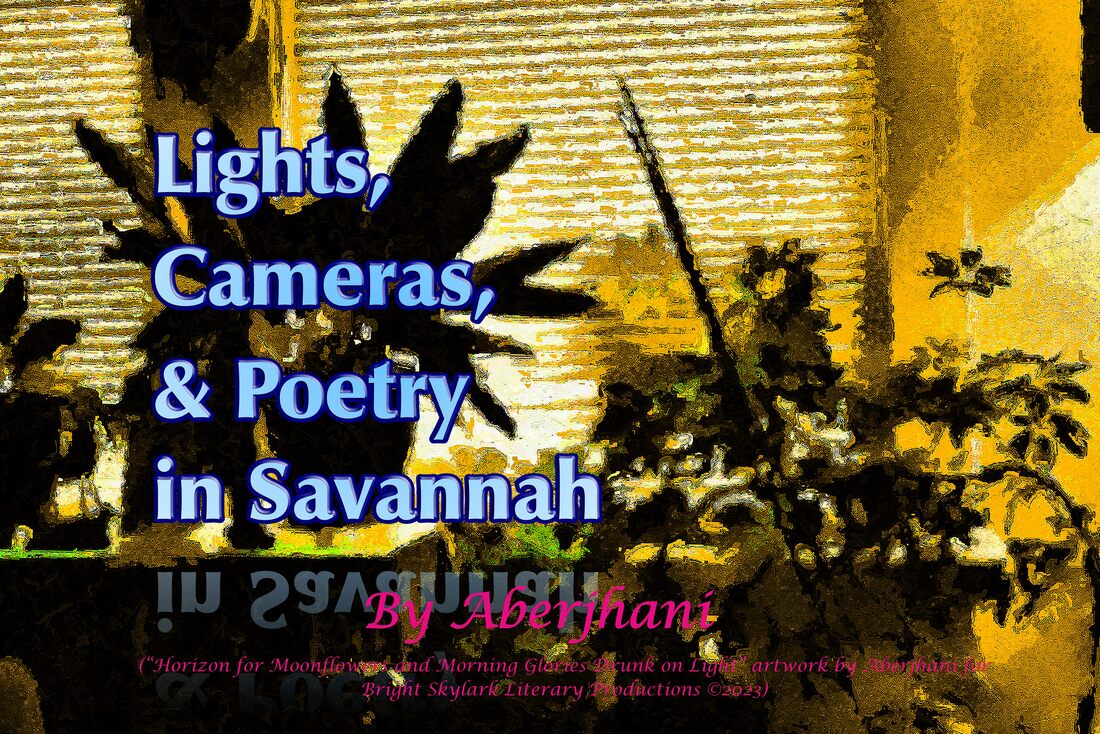


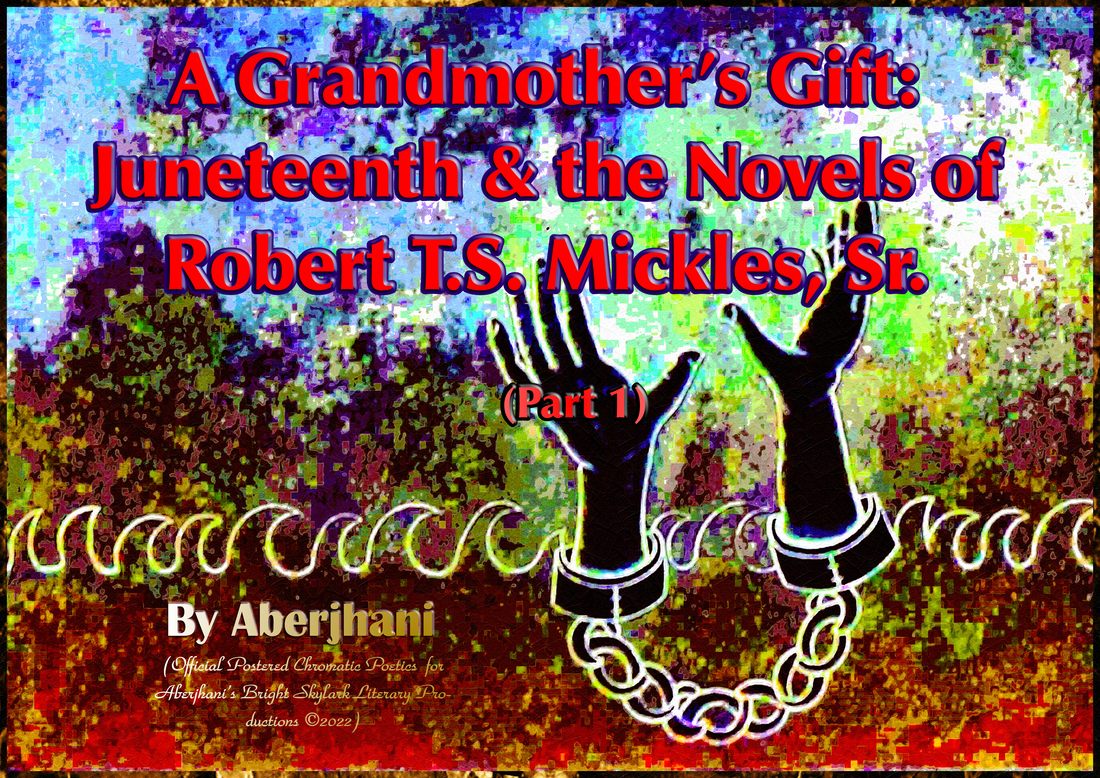
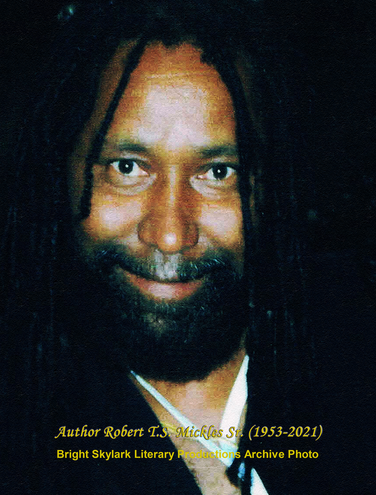
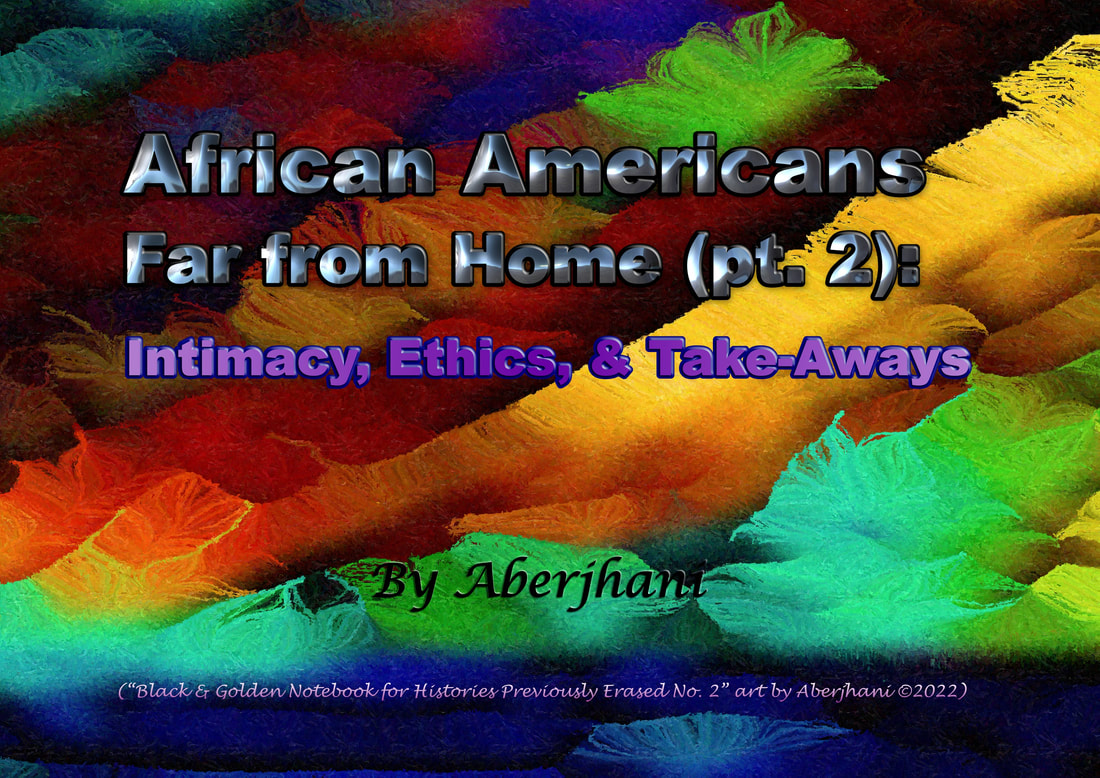
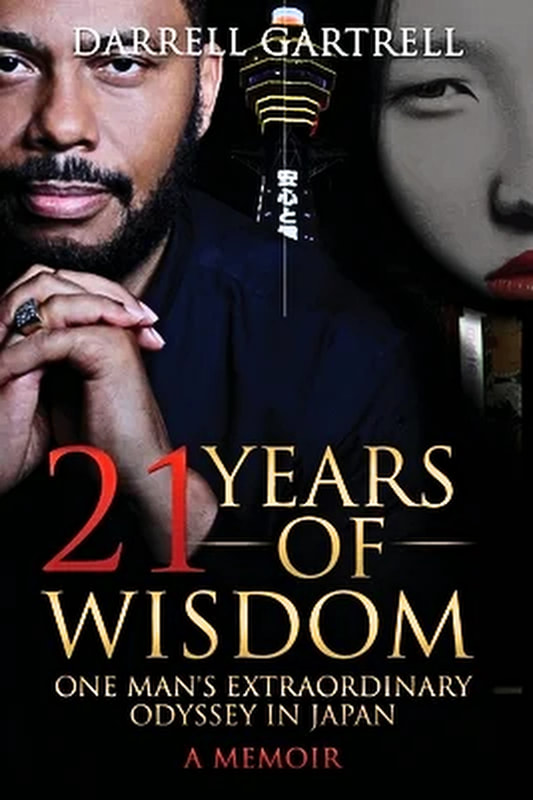
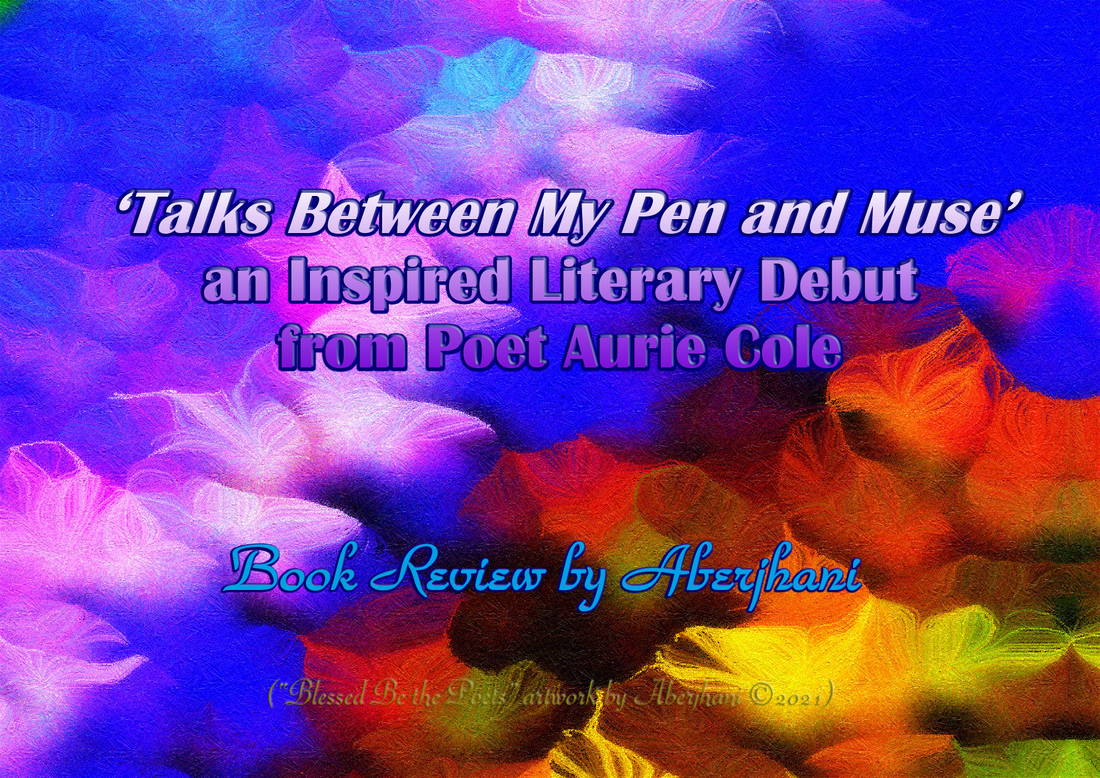
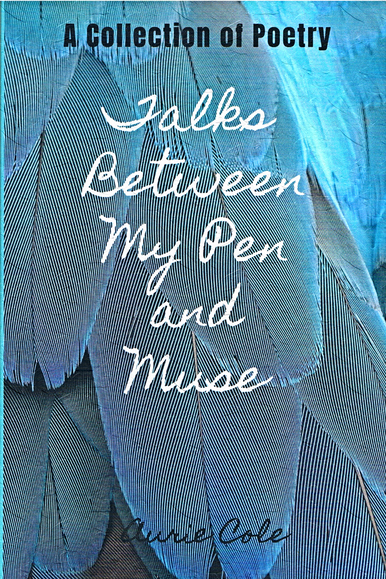
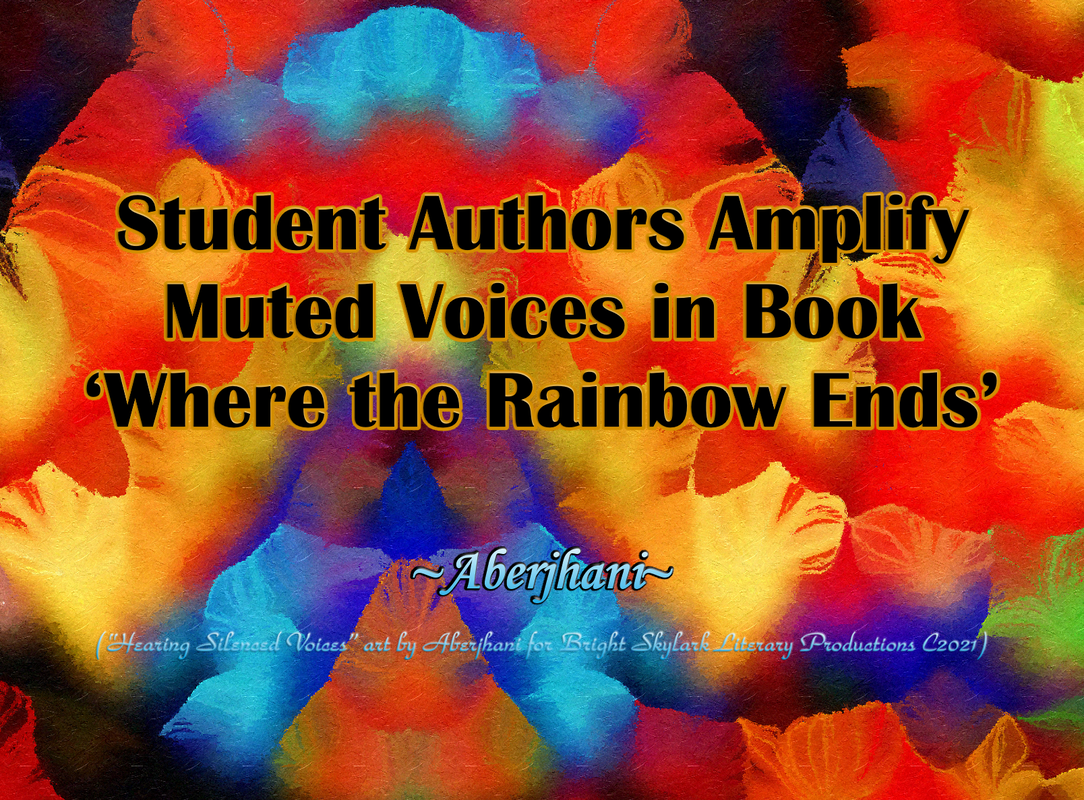
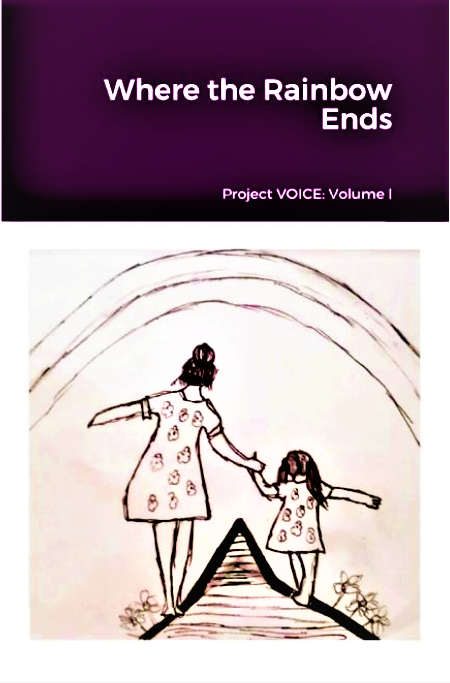
 RSS Feed
RSS Feed